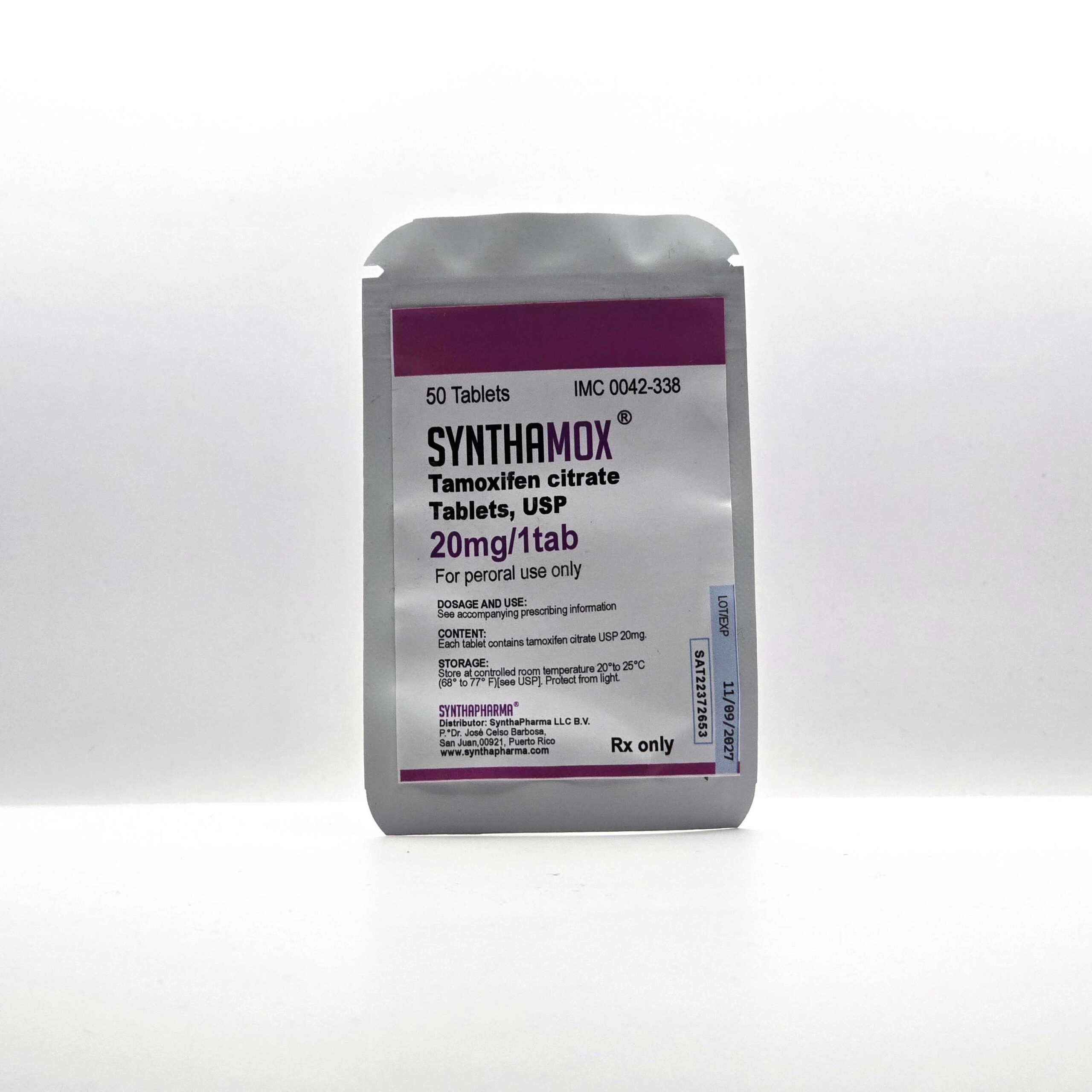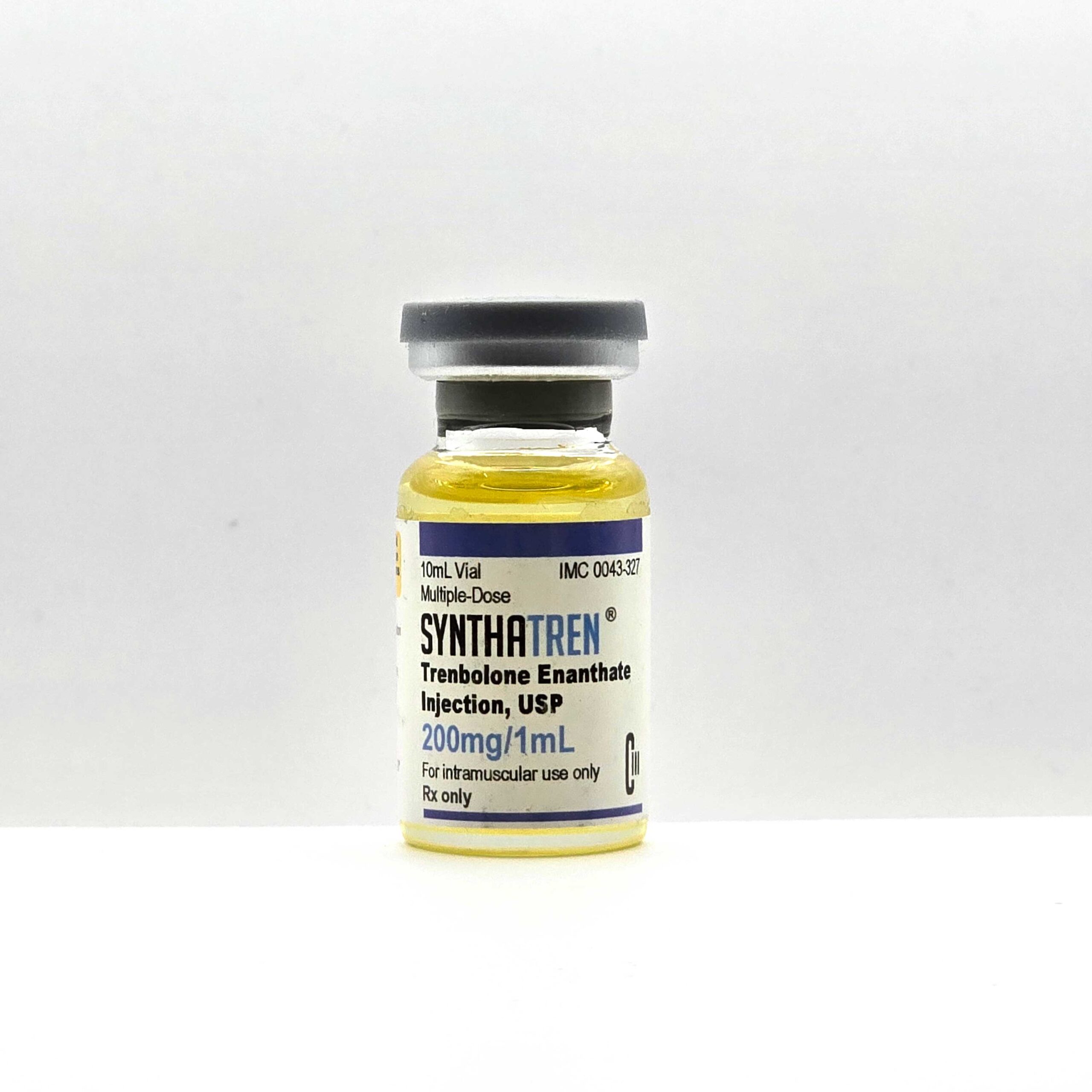Description
The Power of Exemestane – Sandoz: A Comprehensive Overview
Exemestane, also known by its brand name Exemestane – Sandoz, is a potent aromatase inhibitor used in the treatment of hormone-receptor-positive breast cancer in postmenopausal women. This medication works by reducing the production of estrogen in the body, thereby slowing down the growth of cancer cells. In this article, we will delve into the benefits, side effects, and comparisons of Exemestane – Sandoz with other similar medications.
Understanding Exemestane
Exemestane is typically prescribed in a dosage of 25 mg once daily, either with or without food. It is crucial to take the medication at the same time each day to maintain a consistent level in the body. Exemestane works by irreversibly binding to the aromatase enzyme, which is responsible for converting androgens into estrogen. By inhibiting this process, Exemestane effectively reduces the estrogen levels in the body, which is crucial in the treatment of hormone-receptor-positive breast cancer.
Benefits of Exemestane
- Effective in reducing the risk of cancer recurrence
- Well-tolerated with minimal side effects
- Convenient once-daily dosing regimen
- Can be taken with or without food
Exemestane vs Anastrozole
Exemestane is often compared with another aromatase inhibitor, Anastrozole, in the treatment of breast cancer. While both medications work by reducing estrogen levels, there are some key differences between the two. Anastrozole is a non-steroidal aromatase inhibitor, while Exemestane is a steroidal aromatase inhibitor. Studies have shown that Exemestane may be more effective in reducing the risk of cancer recurrence compared to Anastrozole in certain patient populations. However, the choice between the two medications ultimately depends on the individual patient’s specific needs and tolerability.
Side Effects of Exemestane
Like all medications, Exemestane – Sandoz can cause side effects in some patients. Common side effects may include hot flashes, joint pain, fatigue, and headache. It is essential to discuss any side effects with your healthcare provider to determine the best course of action. In rare cases, Exemestane may cause more severe side effects such as osteoporosis or liver problems. It is crucial to monitor for any signs of these side effects and seek immediate medical attention if necessary.
Exemestane in Clinical Studies
Several clinical studies have demonstrated the efficacy and safety of Exemestane in the treatment of breast cancer. A study published in the Journal of Clinical Oncology showed that Exemestane significantly reduced the risk of cancer recurrence compared to a placebo in postmenopausal women with hormone-receptor-positive early breast cancer. Another study published in The Lancet found that Exemestane was well-tolerated and effective in reducing tumor size in patients with advanced breast cancer.
Summary
In conclusion, Exemestane – Sandoz is a powerful medication that plays a crucial role in the treatment of hormone-receptor-positive breast cancer. With its ability to reduce estrogen levels and lower the risk of cancer recurrence, Exemestane has become a valuable tool in the fight against breast cancer. While it may cause some side effects, the benefits of Exemestane outweigh the risks for many patients. By understanding the benefits, side effects, and comparisons of Exemestane with other medications, patients and healthcare providers can make informed decisions about the best treatment options available.












Reviews
There are no reviews yet